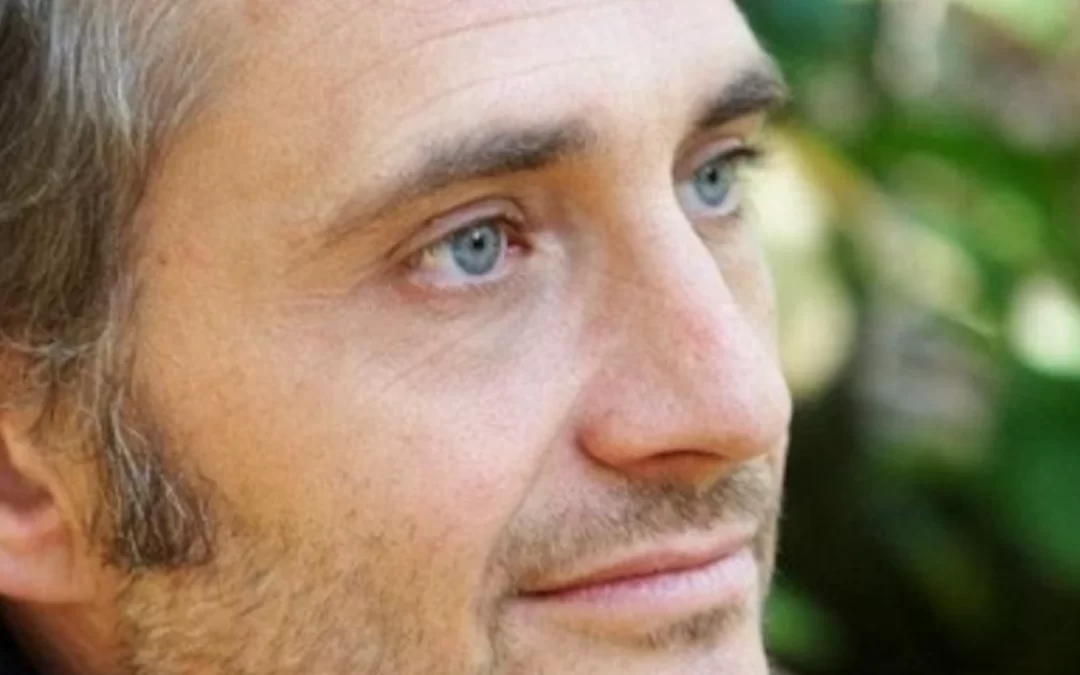Andreas Weber, an at-the-bench neuroscientist turned writer, has authored three books: The Biology of Wonder: Aliveness, Feeling, and the Metamorphosis of Science, Matter and Desire: An Erotic Ecology, and Enlivenment: Toward a Poetics for the Anthropocene.
Andreas takes us with him on immersive, often mystical, journeys into the natural world that call for curling up with his books in a comfortable chair, but here are some excerpts to whet your appetite.
With this book I do not propose a farewell to science, but rather – if you will accept the audacity of the term – a new science of the heart.
Nature is about beauty because beauty is our way to experience aliveness and inwardness. Nature is the phenomenon of self-producing life making itself visible (and thus self-producing beauty).
Feeling is never invisible; it takes shape and manifests as form everywhere in nature. Nature can, therefore, be viewed as feeling unfurled, a living reality in front of us and amidst us.
An ecology of feeling…declares that we should conserve nature not because it is useful nor because its complexity has an intrinsic value. We should protect other beings because we love them.
Cells appear to be units of will, purposeful agents. Their most important feature is the fact that they consistently renew themselves and bring forth all the parts they consist of. They literally create themselves. Cells show a breathtaking perseverance. They really will do anything to ensure their continued existence. In their steady exchange of matter with their surroundings they do not resemble inert machines in any way. They spiral upward in a continuous dialogue with the hereditary material, but they are not directed or governed by their genes. DNA is a scaffold for the flesh, not its blueprint. The body must “read” the genes. It must make sense of them, interpret them and integrate them into its own logic of self-maintenance.
The world of biology is more like a wild playing field with anarchic elements, where the rules of creative togetherness are constantly being renegotiated, where gang wars break out between little groups of co-conspirators and schemers, but also where one finds acts of magnanimous sharing, heroic dedication, and dreamlike bliss.
There is only one immutable truth: No being is purely individual; nothing comprises only itself. Everything is composed of foreign cells, foreign symbionts, foreign thoughts. This makes each life-form less like an individual warrior and more like a tiny universe, tumbling extravagantly through life like the fireflies orbiting one in night. Being alive means participating in permanent community and continually reinventing oneself as part of an immeasurable network of relationships.
Whenever neurobiologists observe that the brain is constantly learning, this therefore means that for as long as we are alive, we are part of a process of mental and bodily growth wherein we interpret encounters and transform ourselves into the history of these encounters. The brain is thereby a reflective organ of the world, comprising primarily relationships. It reflects these relationships by producing relationships within itself, by establishing relationships to the relationships in the world, and by attaching new relationships onto these existing relationships. The brain is an organ that reflects the world by simultaneously making itself into a part of this world.
Like poetry, like love, like the rapt and agonizing commitment to a collective concern, like a stirring idea or a humorous insight, aliveness is something that increases when we share it. …Those whose aliveness has been trampled will desperately use others in order to enliven themselves.
Having the courage to feel your own needs and also to trust those feelings amounts to having the guts to stand up publicly and demand a different politics, one suitable to the demands of aliveness.
When people are toxic, it is always a conspiracy against aliveness, including their own. Somebody acts toxically when he or she sees me not as I am, or as I attempt to be, but instead sees me filtered through his or her own fears and expectations. People are toxic when they consider themselves deeply inferior and therefore wish to control everything simply so that alleged truths about themselves do not come to light. People are toxic when they are not only afraid but also allow themselves to be led by the nose by these fears, and then unconsciously blame others in order to cover up their panic.
